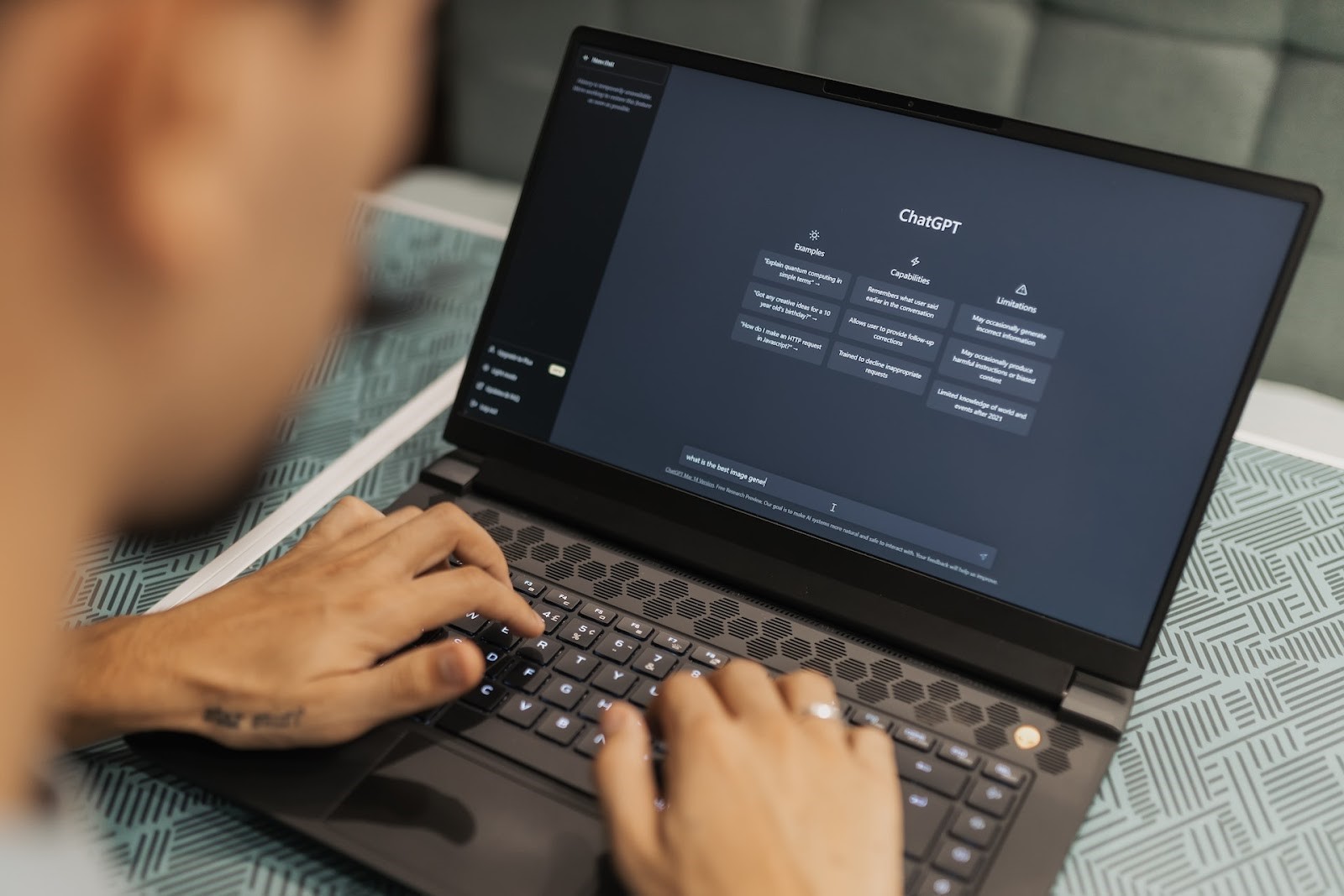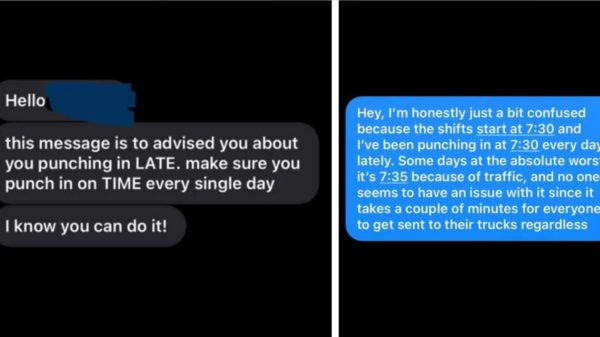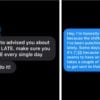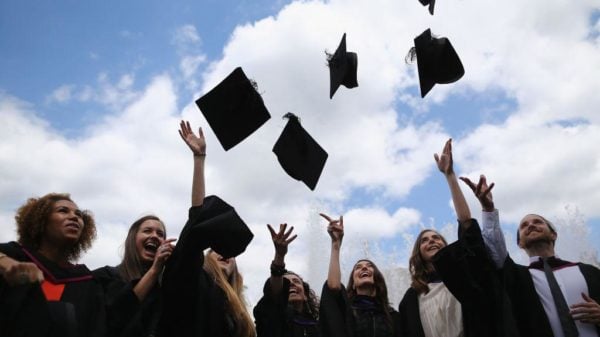What should the education sector do about AI? Embrace, reject, or regulate its use? This is the dilemma many college professors are facing as concerns that artificial intelligence has made students lazy continue to grow.
The truth is that AI-driven chatbots like ChatGPT are amazing information repositories, just like Google and other search engines are. No one can deny their immense benefits for students who want to expand their scope of knowledge and make learning easier. Unfortunately, this is not the case in reality, as students no longer see the need to think or even write for themselves.
Instead of taking it as a learning companion, students have turned to ChatGPT as a way to cheat on tests and exams. And boy, are they winning! “Asking students questions like, ‘Tell me in three sentences what is the Krebs cycle in chemistry?’ That’s not going to work anymore because ChatGPT will spit out a perfectly fine answer to that question,” said Bill Hart-Davidson, one of the associate deans at the College of Arts and Letters at Michigan State University.
With advancements to OpenAI’s ChatGPT, the technology is so intelligent that it was the highest scorer on an AP biology exam. The chatbot has also aced a Harvard freshman year with a GPA of 3.34.
If this development isn’t an invitation for students to embrace the lazy man’s way to academic success, then what is? This defeats the core of creativity and independent thinking that forms the purpose of education. If it continues, society will experience a significant increase in the number of top-performing graduates with no idea of how to navigate real-life situations in their fields. Education would become a sham!
As such, educators, especially college professors, have resolved to take the bull by the horn. In a twist that has left many in shock, they have decided to go back to handwritten essays and paper exams. They believe this will significantly reduce academic fraud and the student’s need to outsource independent thinking to generative AI.
In the words of an Appalachian State University philosophy professor, Christopher Bartel, “I’m planning on going medieval on the students and going all the way back to oral exams…they can AI generate text all day long in their notes if they want, but if they have to be able to speak it, that’s a different thing.”
Following this line of thought, a Canadian writing professor has said that he’ll personalize assignments in a way that makes it almost impossible for students to effectively use ChatGPT.
According to a report on Business Insider, ChatGPT usage witnessed a significant 10% decline from May to June. However, this should not be taken as a win for the college professors as it only reinforces the fact that students are the major dependents on artificial intelligence. The decline is most likely because students were on summer break and didn’t need to use the chatbot at the time.
However, this may spell doom for OpenAI. According to Mark Shmulik, an internet analyst, “If it’s school kids, that’s a real yellow-red flag on the size of the prize…This idea that if the ChatGPT drop-off is due to students on summer break, that implies a narrower audience and fewer use cases.”


































































